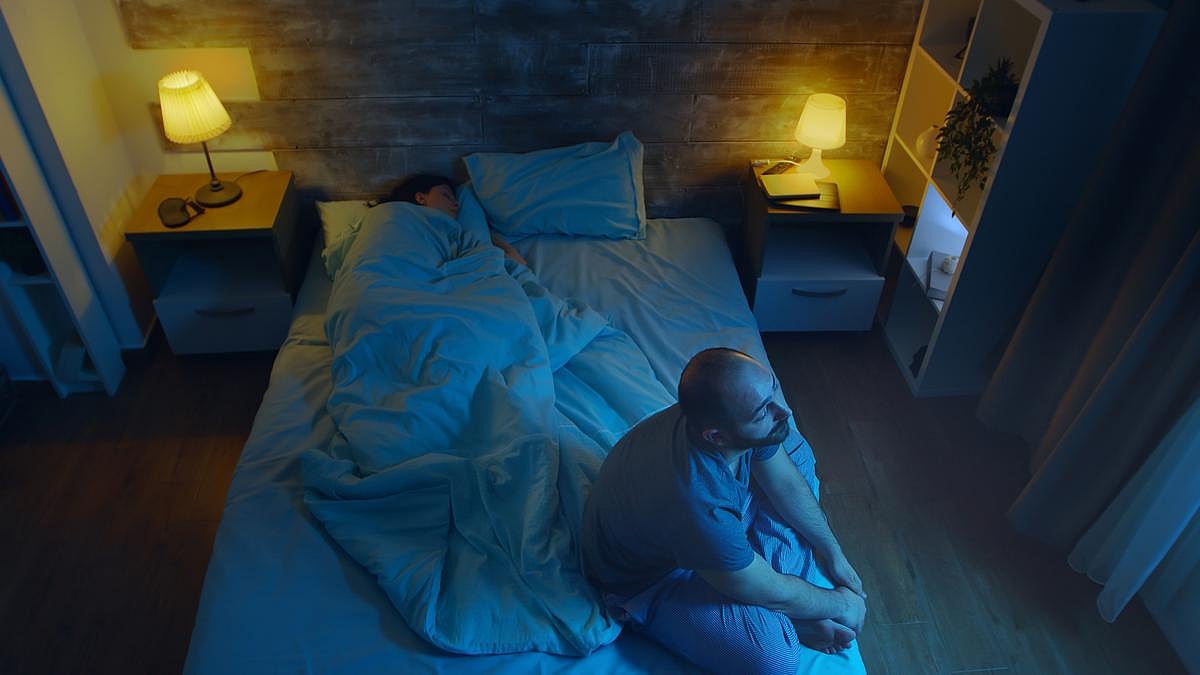Manténgase sano!

- Dennis Thompson
- Posted November 27, 2024
Irregular Sleep Might Raise Odds for Heart Attack, Stroke
Folks with irregular sleep patterns might have an increased risk of a heart attack or stroke, a new study says.
People who doze off and wake up at extremely varied times day by day have a 26% increased risk of a potentially fatal heart-related health emergency, results show.
This elevated risk occurred whether or not these folks got their recommended seven to nine hours of nightly sleep, researchers found.
“Our results suggest that sleep regularity may be more relevant than sufficient sleep duration in modulating MACE [major adverse cardiovascular event] risk,” concluded the research team led by Jean-Philippe Chaput, a senior scientist with the Children’s Hospital of Eastern Ontario Research Institute in Canada.
For the study, researchers analyzed data on more than 72,000 people taking part in the UK Biobank, a large-scale health research project.
The participants wore an activity tracker for seven days to record their sleep. Based on that information, researchers calculated a score of their sleep regularity.
People with highly irregular sleep patterns – falling asleep and waking up at different times every day – had a higher risk of heart attack, stroke or death related to heart problems, researchers found.
In fact, the worse a person’s sleep regularity, the higher their risk of a life-threatening or fatal heart attack or stroke, results show.
A greater proportion of regular sleepers got the recommended amount of sleep, 61% versus 48% of irregular sleepers.
Getting enough sleep could moderate the heart health risk among people whose sleep patterns are somewhat irregular, analysis revealed.
However, the risk posed by highly irregular sleep remained significant regardless of how much sleep someone got, researchers said.
Irregular sleep patterns might harm heart health by disrupting the way the body manages blood sugar, cholesterol, inflammation and immune function, researchers speculated.
“These disturbances contribute to a cascade of adverse effects, including increased stress hormone release, elevated blood pressure, impaired endothelial function, and a greater risk of developing cardiovascular disease and metabolic disorders,” the researchers wrote.
The new study appears in the Journal of Epidemiology & Community Health.
“It is worth noting that the American Heart Association’s construct of cardiovascular health, called Life’s Essential 8, now includes sleep duration as one of the metrics,” the team concluded in its paper. “The addition of sleep to this construct is certainly good news and recognizes the importance of sleep in cardiovascular health.”
More information
The American Heart Association has more on Life’s Essential 8.
SOURCE: BMJ Group, news release, Nov. 26, 2024

